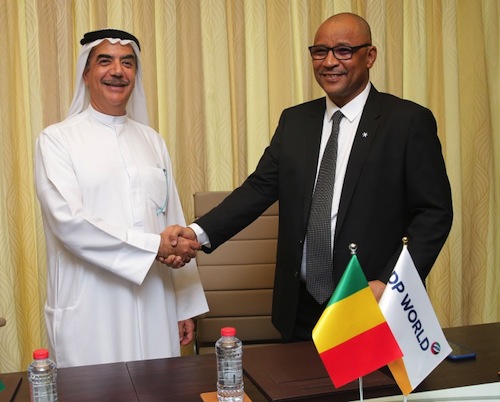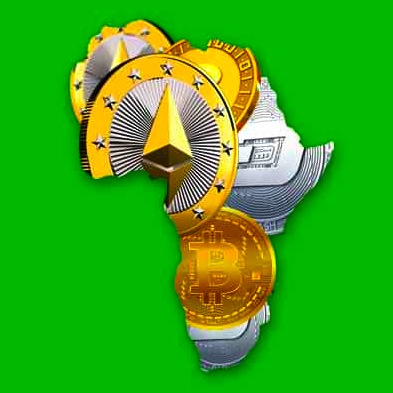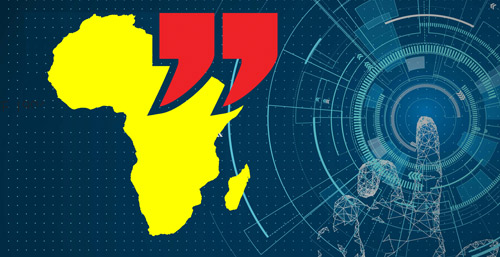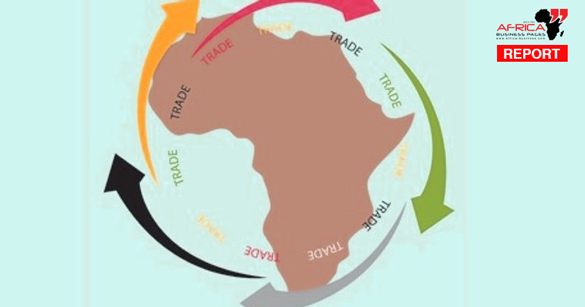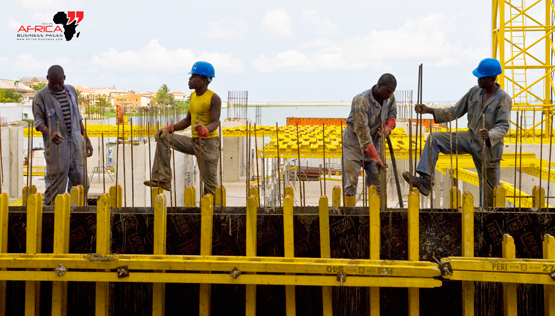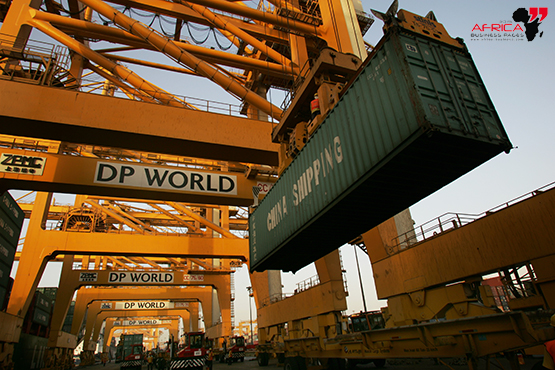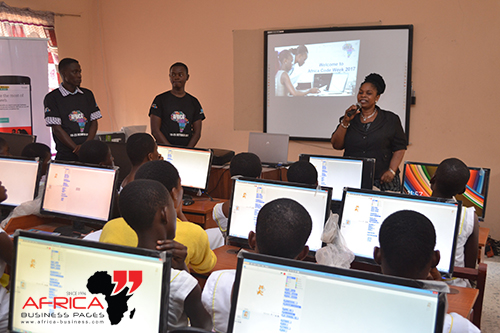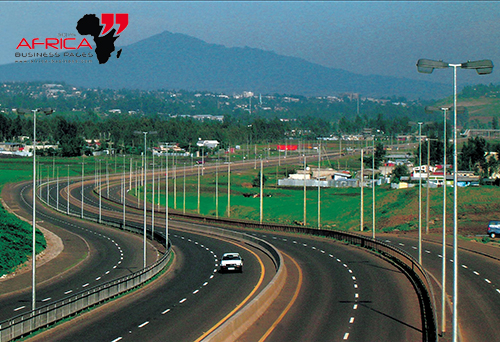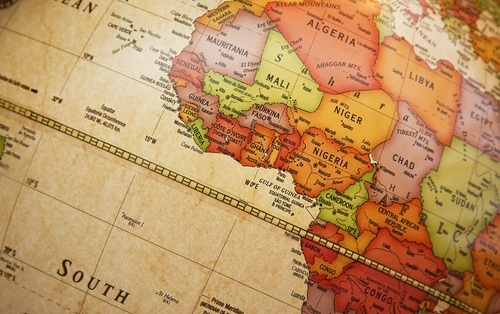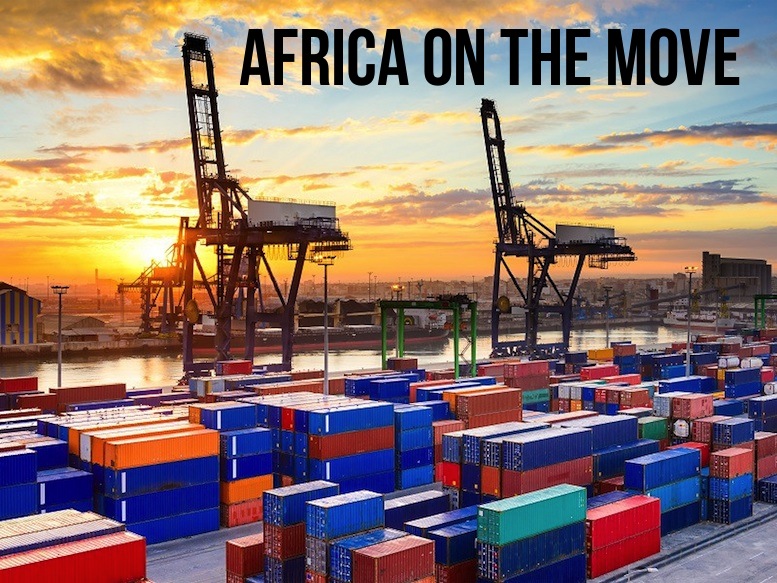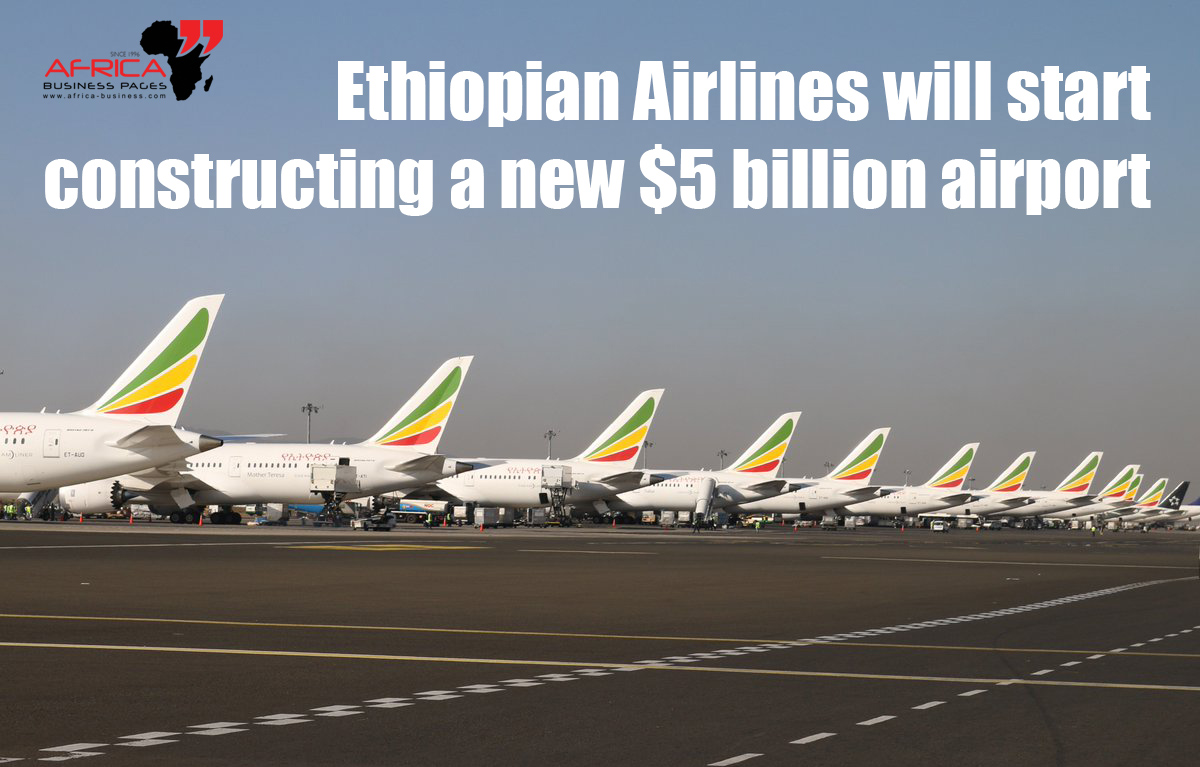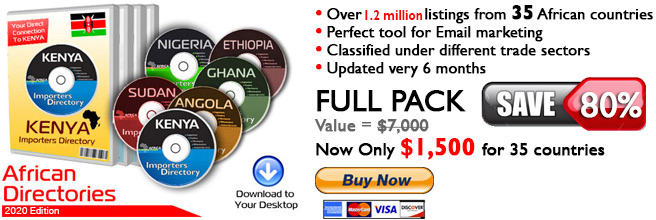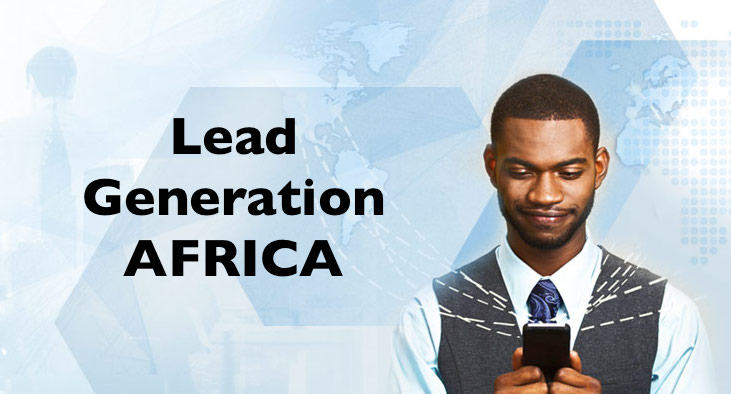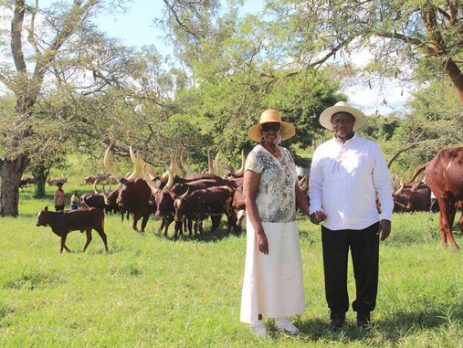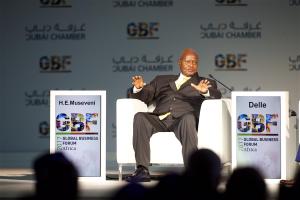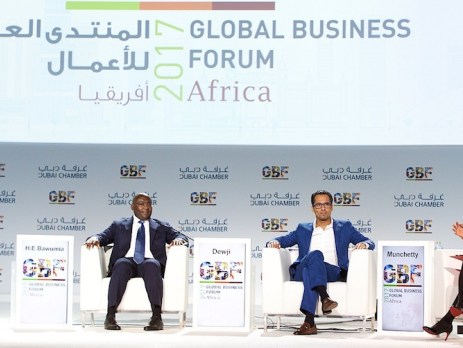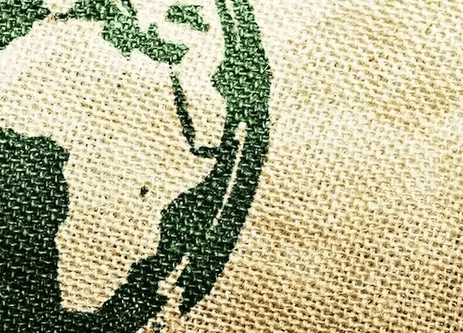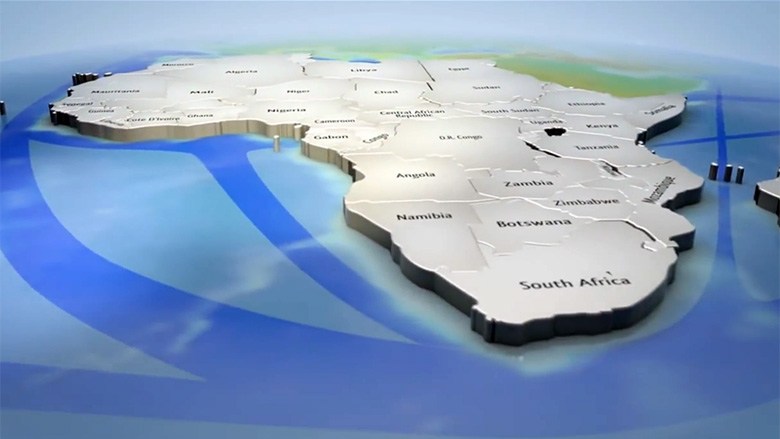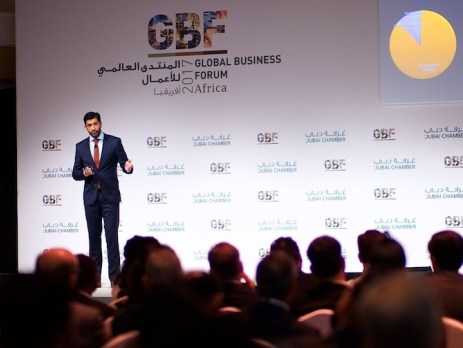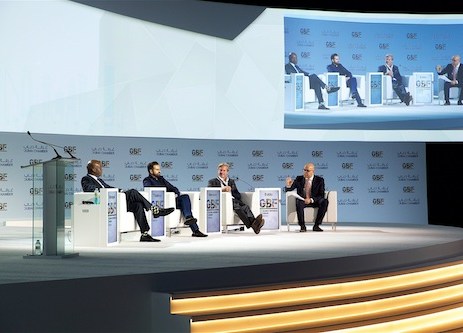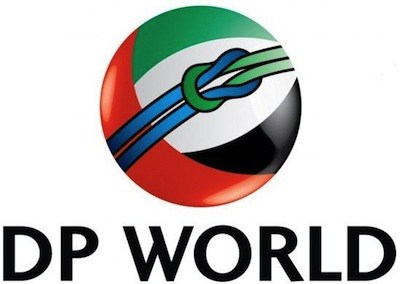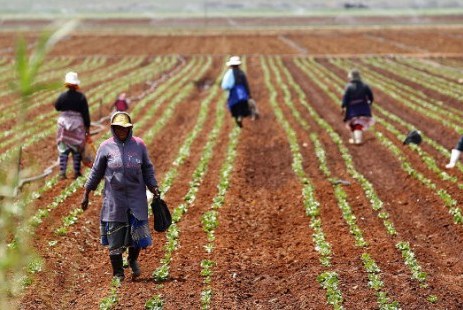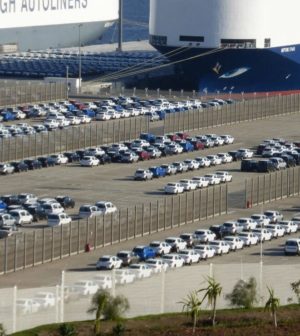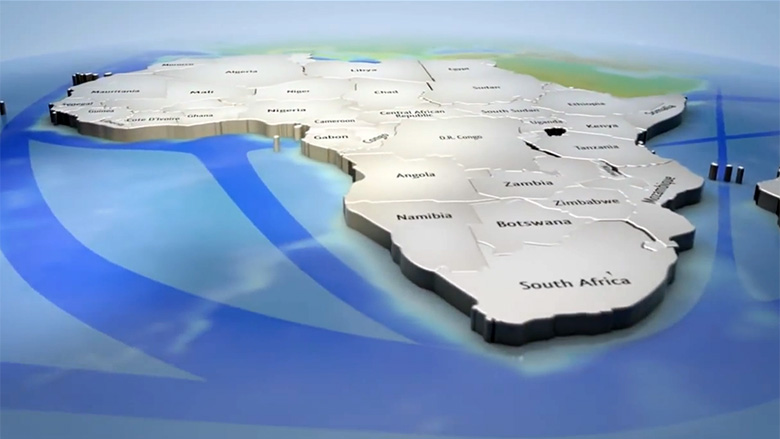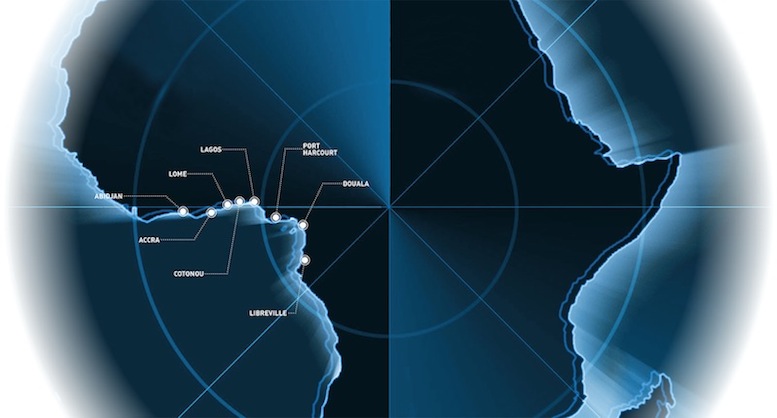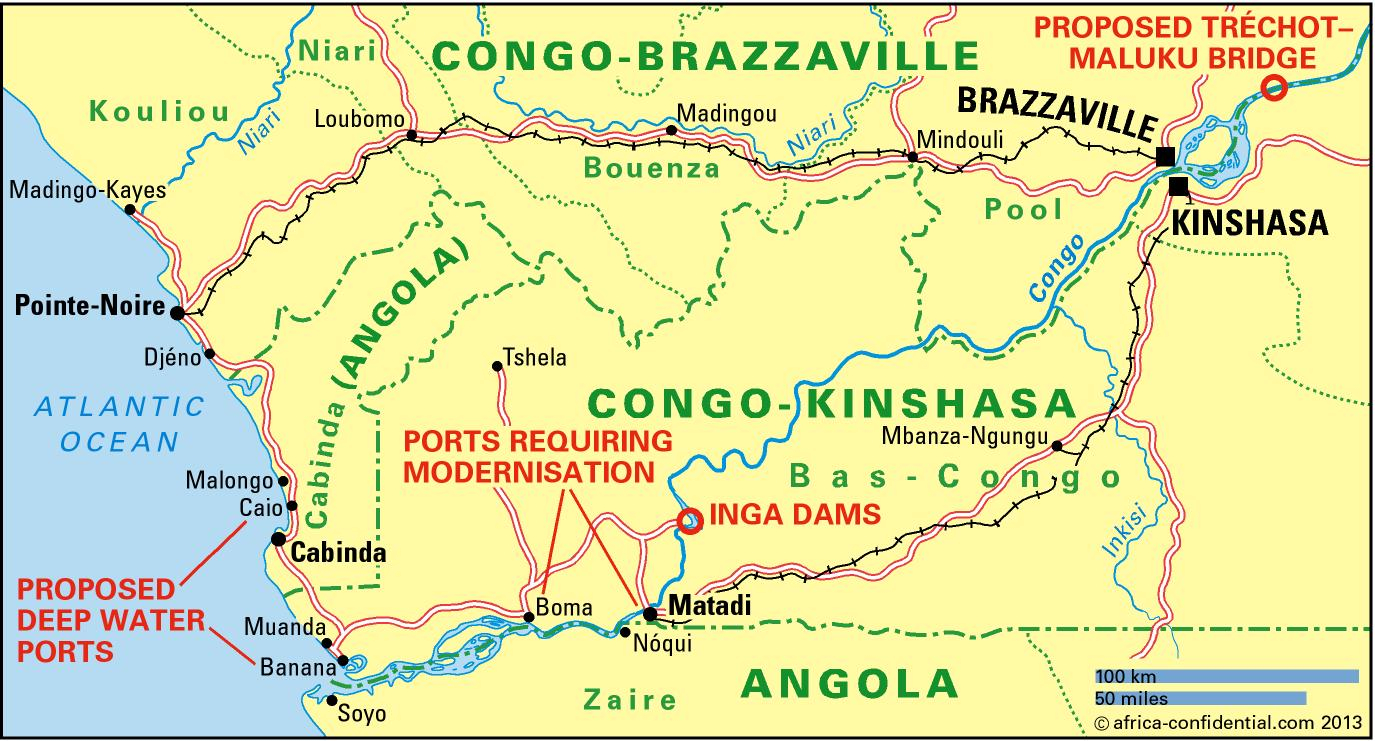President of Mauritius says investment in Africa should be used to educate youth
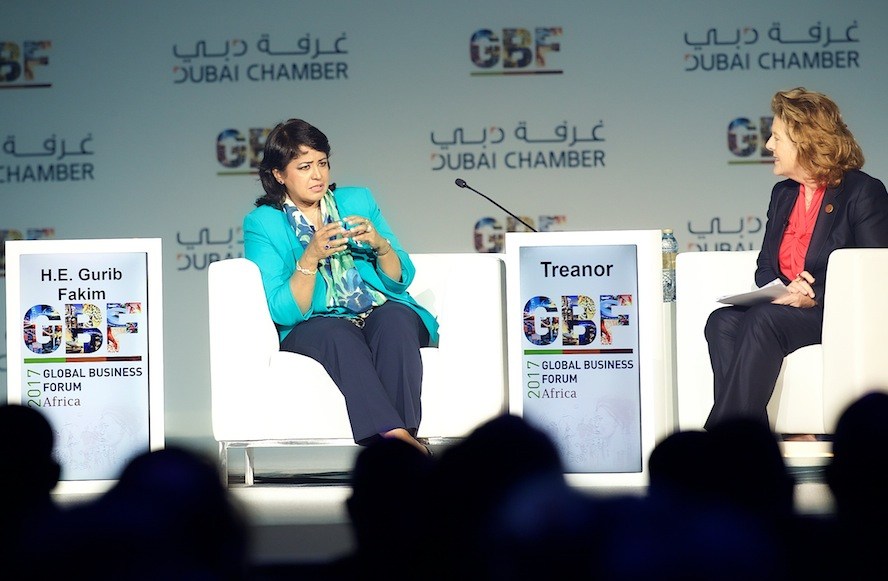
H.E. Ameenah Gurib-Fakim addresses Global Business Forum on Africa 2017 in Dubai during a session entitled ‘Reversing the Brain Drain – Unleashing the Potential of Africa’s Youth’
Dubai, UAE: H.E. Ameenah Gurib-Fakim, President of Mauritius, led a conversation session during the fourth Global Business Forum on Africa entitled “Reversing the Brain Drain – Unleashing the Potential of Africa’s Youth” where she called for more focus on investing in education and training for the continent’s youth.
She pointed out that Africa’s resources are too often the main focus of investment that comes into the continent and said that this mindset needs to change. She stressed the importance of educating young girls and bringing African women into the workforce.
“It might be a bit too ambitious to talk about reversing the brain drain and attracting people to Africa, but we can talk of brain circulation. What that is essentially is to have successful people who have made it in the West or China or elsewhere to come to Africa and mentor the youth, or, vice-versa, we can take the young abroad to meet them,” said H.E. Gurib-Fakim.
She went on to state that Mauritius is now an upper-middle-income country, explaining that this transition “didn’t happen overnight” and “took years and carefully enacted policies to achieve that goal, most important of which was providing free education.”
Mauritius’ President described technology as a great enabler for brain circulation and noted that more needs to be done to prepare youth to help them to realise their full potential. In her view, entrepreneurship is the way forward for Africa as it can create enough jobs for fresh graduates in a way that government cannot.
Concluding the session, H.E. Gurib-Fakim said the role of government is to improve countries’ performance on all flagship indicators, such as corruption and ease of doing business.
“Mauritius ranks first in Africa and 25th globally in ease of doing business. Corruption is a tax on the poor; for every corruptor there is corruptee. We need to tackle the whole system and we’ve already started by digitising a wide range processes and transactions,” she said.





